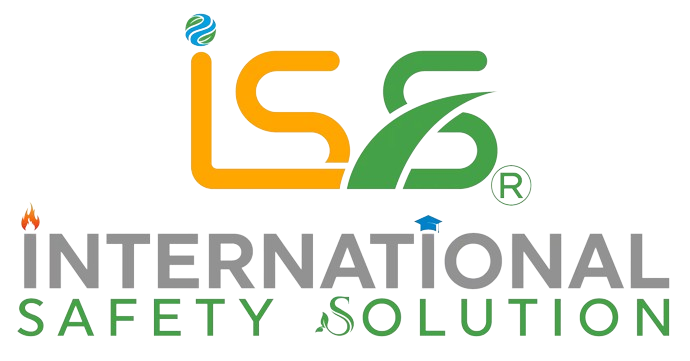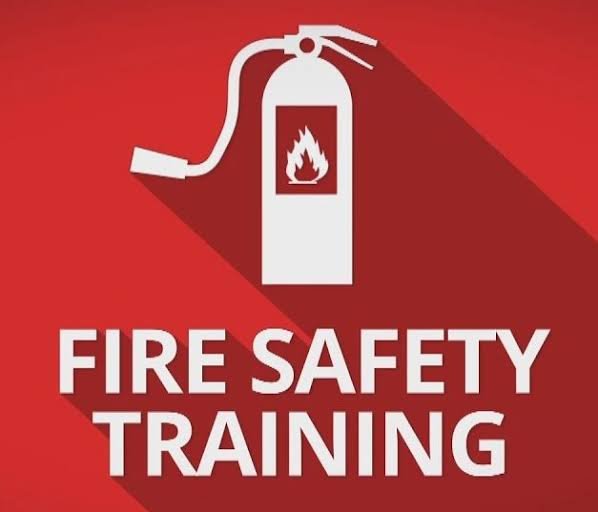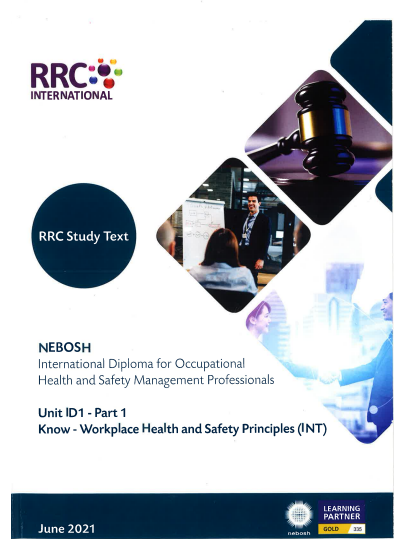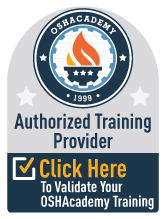Pressure Systems Safety Regulations (PSSR) – A Complete Guide
Introduction
Industries using boilers, pressure vessels, compressed air systems, steam lines, and gas cylinders face significant risks of explosions, leaks, and overpressure incidents. To control these hazards and protect workers, the Pressure Systems Safety Regulations (PSSR) were introduced.
PSSR ensures that all pressure equipment is designed, maintained, inspected, and operated safely to prevent catastrophic failures, workplace injuries, and legal consequences.

What is PSSR?
PSSR = Pressure Systems Safety Regulations.
It is a legal requirement under the UK Health and Safety Executive (HSE) framework. Every organization operating pressure systems must comply with PSSR to ensure safe installation, inspection, and operation of their equipment.
PSSR focuses on:
- Safe design and installation
- Regular inspection and certification
- Competent inspection personnel
- Preventive maintenance and record keeping
Objectives of PSS
- Prevent explosions and leaks by controlling overpressure hazards.
- Ensure legal compliance with HSE requirements.
- Protect workers from life-threatening risks.
- Maintain safe operation of pressure systems.
- Improve reliability through preventive maintenance.

Scope of PSSR
The regulations apply to:
- Steam boilers and pipelines
- Compressed air systems
- Refrigeration plants (above certain pressure ratings)
- Gas cylinders and storage vessels
- Hydraulic accumulators
Key Requirements of PSSR
1. Written Scheme of Examination (WSE)
A Written Scheme of Examination is mandatory for every pressure system. It includes:
- List of equipment to be examined
- Frequency of inspection
- Examination methods and standards
- Safety valve and protective device testing
2. Competent Person
Inspections and certifications must be carried out by a Competent Person (qualified inspector/engineer).
3. Defined Safe Operating Limits
Each pressure system must display its maximum safe pressure, temperature, and operating conditions.
4. Record Keeping
Inspection reports, maintenance logs, and repair records must be kept for compliance and future reference.
5. Emergency Preparedness
All systems must have relief valves, alarms, and emergency shutdown devices to handle overpressure events.
Benefits of PSSR Compliance
- Reduced accident risk – fewer explosions and leaks.
- Legal protection – avoids penalties and shutdowns.
- Extended equipment life – through regular maintenance.
- Workforce confidence – operators trust system safety.
- Environmental safety – prevents toxic gas releases.
International Standards & References
- HSE UK Pressure Systems Safety Regulations 2000
- OSHA 29 CFR 1910 – Boilers & Pressure Vessels
- ASME Boiler & Pressure Vessel Code
- ILO International Safety Standards
Conclusion
The Pressure Systems Safety Regulations (PSSR) provide a vital framework to ensure pressure systems are safe, reliable, and compliant. Organizations that adhere to PSSR reduce risks, protect employees, and avoid costly downtime or penalties.
PSSR is not just a legal requirement—it is a safety culture that saves lives.




